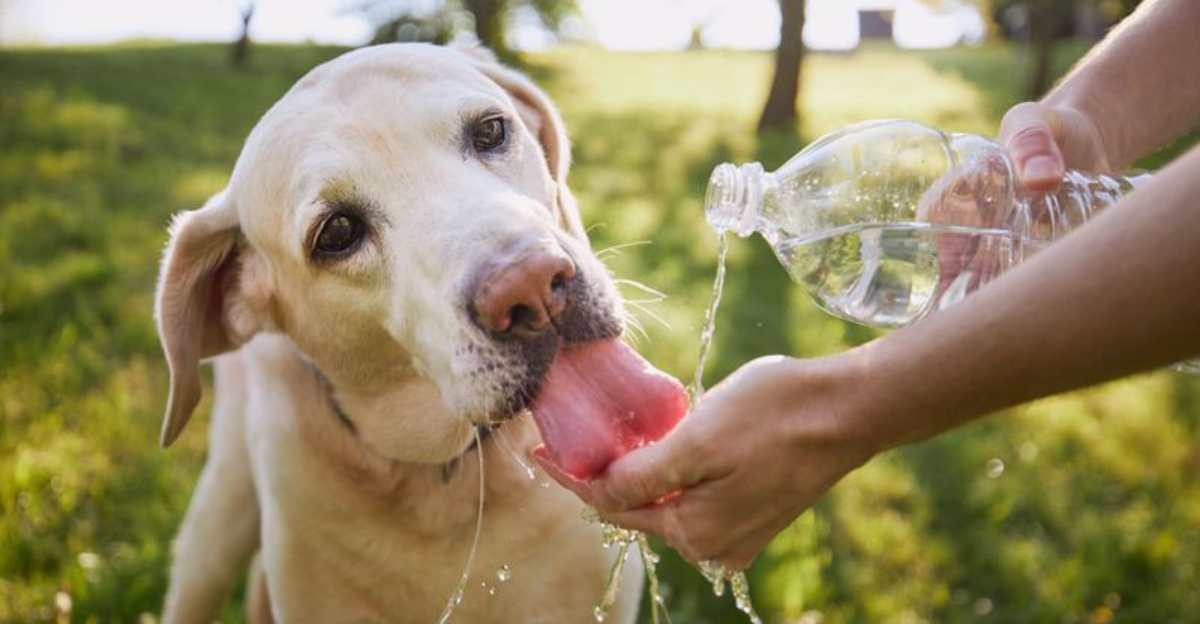Bringing a furry friend into your life is one of life’s greatest joys—but depending on where you live, pet ownership can be far from easy. I found that out firsthand after moving cross-country with my rescue pup, Baxter, only to run into a maze of unexpected challenges.
From soaring vet bills and strict pet laws to sweltering summers and icy winters, some states make the transition into pet parenthood especially tough.
If you’re thinking about getting a pet—or planning a move—here’s a look at the states where you and your four-legged companion might face the steepest learning curve.
1. Massachusetts: Where Pet Insurance Makes Your Wallet Whimper

When I visited Boston with my terrier, I nearly choked on my clam chowder after seeing the vet bill! Massachusetts ranks among the priciest states for pet healthcare, with average vet visits costing 30% above the national average.
The Bay State’s dense urban areas mean fewer pet-friendly rentals, and those that exist often charge hefty pet deposits. Many landlords impose breed restrictions too.
The harsh winters bring another challenge—salt on sidewalks burns sensitive paws, forcing you to invest in booties. And don’t forget the state’s strict leash laws that can result in substantial fines if your pooch decides to make a break for freedom!
2. Delaware: Small State, Big Pet Restrictions
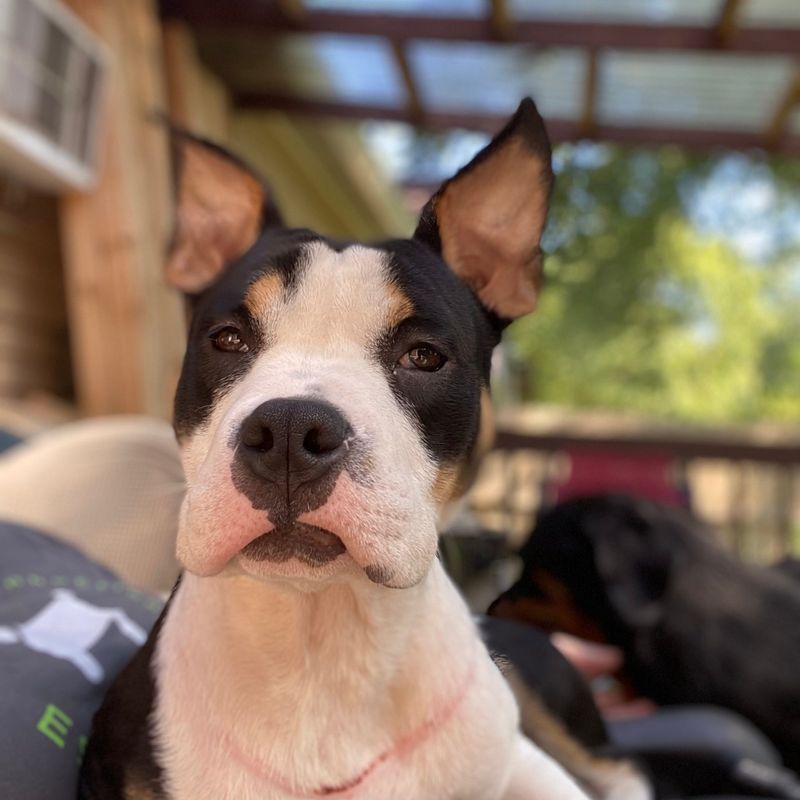
You’d think such a tiny state would be pet-friendly, but my weekend trip to Wilmington with Baxter proved otherwise! Delaware’s pet laws pack a punch, with some of the strictest dangerous dog legislation in the country.
Pet owners face mandatory rabies vaccination reporting and microchipping requirements that come with administrative headaches. The state’s dense development means finding homes with adequate yard space comes at a premium price.
Delaware’s proximity to major highways and industrial areas creates air quality concerns for sensitive pets. The humid summers and snowy winters create a one-two punch of seasonal challenges that keep pet owners constantly adjusting their care routines throughout the year.
3. West Virginia: Mountain Terrain Meets Limited Pet Services

My cousin’s move to West Virginia with her golden retriever revealed the state’s pet ownership challenges. The beautiful Appalachian landscape hides a troubling reality—some of the lowest veterinarian-to-pet ratios in the nation.
Rural areas might require hours of driving to reach emergency vet care. The mountainous terrain limits accessible walking areas for elderly or disabled pet owners, making daily exercise a genuine challenge.
Tick-borne diseases run rampant in the heavily wooded areas, requiring vigilant prevention measures. The state’s economic challenges translate to fewer pet service businesses, meaning you’ll struggle to find quality groomers, trainers, or pet sitters when needed—something my cousin learned when she couldn’t find anyone to watch her pup during a family emergency.
4. North Carolina: Hurricane Hazards and Heat Concerns
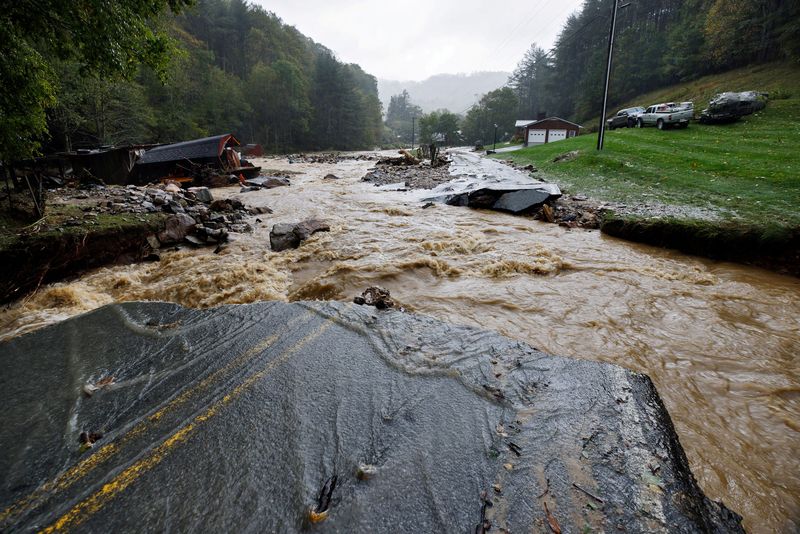
“Y’all ready for another evacuation?” became my friend’s seasonal greeting after moving to North Carolina with her two cats. The state’s hurricane vulnerability creates recurring evacuation nightmares for pet owners who must quickly secure pet-friendly emergency accommodations.
Summer humidity soars to sauna-like levels, putting brachycephalic breeds (those cute, flat-faced dogs) at high risk for heat stroke. The rapid urban development in areas like Charlotte and Raleigh has reduced green spaces while increasing pet population density.
Finding pet-friendly rentals in desirable neighborhoods requires both persistence and a padded bank account. Plus, the state’s beautiful outdoor spaces come with abundant wildlife encounters—my friend’s retriever had an unfortunate skunk meeting that perfumed her apartment for weeks!
5. Alaska: The Last Frontier’s Frigid Pet Challenges
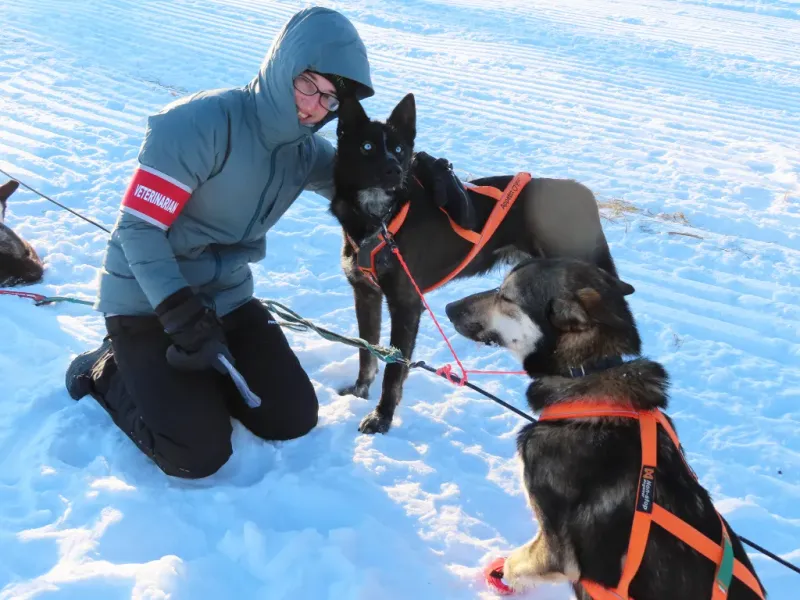
Brrrr! My Alaskan adventure with Baxter taught me that the Last Frontier is truly the ultimate test for pet parents. With temperatures plummeting to bone-chilling negatives for months, outdoor potty breaks become arctic expeditions requiring specialized pet gear.
The isolated communities mean limited access to veterinary care—some towns have no vet at all! Wildlife encounters pose serious threats; I nearly had a heart attack when we spotted a moose during our morning walk.
The extreme seasonal light changes affect pet behavior, with the midnight sun or perpetual winter darkness disrupting sleep cycles. Pet supplies cost a small fortune due to shipping expenses, and finding pet sitters during the frequent travel necessary to combat isolation can be nearly impossible. My neighbor pays triple the Lower 48 rates for basic dog walking!
6. South Carolina: Parasite Paradise and Heat Hazards

Wow, talk about a humidity overload! My summer visit to Charleston with my shepherd mix was a crash course in pest management. South Carolina’s warm, moist climate creates the perfect breeding ground for fleas, ticks, and heartworm-carrying mosquitoes that attack pets year-round.
The scorching summers limit outdoor exercise to dawn or dusk, drastically reducing quality playtime. Many beaches limit dog access during peak tourist seasons, leaving those dreamy shoreline adventures you envisioned out of reach.
Hurricane evacuation routes quickly become pet accommodation nightmares, as I discovered when a tropical storm threatened during our stay. The state’s high poverty rate in rural areas means fewer veterinary options and pet service businesses outside major cities, creating care deserts where basic pet needs go unmet.
7. Nevada: Desert Dangers and Casino Country Pet Problems
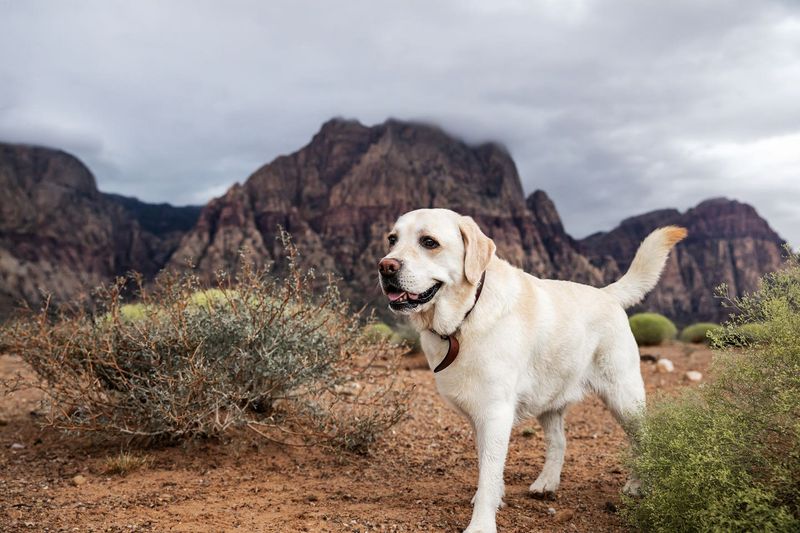
Scorching sidewalks that can literally fry an egg (or sensitive paw pads)! My Vegas conference became a lesson in desert pet ownership when I brought my terrier along. Nevada’s extreme heat creates serious safety concerns, with pavement temperatures reaching 170°F during summer months.
The arid climate means constant hydration vigilance and increased risk of heat stroke for pets. Desert wildlife presents unique dangers—my hotel neighbor’s pup had an unfortunate encounter with a scorpion that resulted in an emergency vet visit.
Las Vegas’s 24/7 lifestyle means constant noise and stimulation that can stress sensitive animals. The tourism-focused economy creates a rental market with limited pet-friendly options, and those that exist often charge premium pet fees that would make a high-roller wince. Finding grass for potty breaks becomes a treasure hunt in the desert landscape!
8. Louisiana: Bayou State’s Swampy Pet Challenges

Gators and hurricanes and floods, oh my! My cousin’s move to New Orleans with her retriever revealed Louisiana’s unique pet parenting hurdles. The state’s subtropical climate creates a year-round parasite playground, with mosquitoes transmitting deadly heartworm disease at alarming rates.
Hurricane evacuations become extra stressful with pets in tow, as emergency shelters often have limited pet accommodations. The frequent flooding in low-lying areas means constant vigilance during rainy seasons to keep pets safe from contaminated water.
Mold thrives in the humid climate, triggering respiratory issues in sensitive pets. The cultural love of fireworks and festivals creates noise stress for animals throughout the year, not just on holidays. My cousin’s once-confident dog now trembles at the slightest boom after experiencing his first Mardi Gras celebration!
9. Mississippi: The Magnolia State’s Veterinary Care Desert
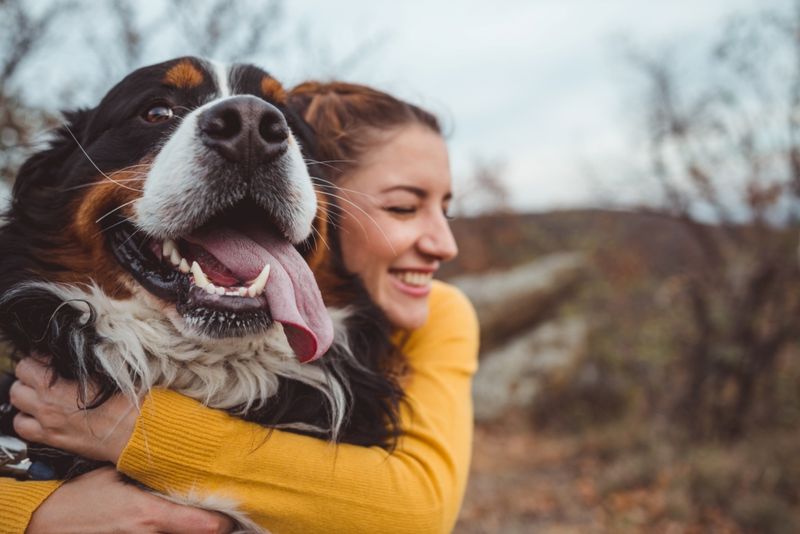
Y’all won’t believe the pet care gaps in Mississippi! My road trip through the state became a wake-up call when my dog needed unexpected medication. Mississippi ranks dead last in veterinarian availability, with some counties having no vet services whatsoever.
The crushing humidity creates year-round flea and tick battles that drain both your patience and wallet. The state’s high poverty rate means fewer pet service businesses and specialty care options.
Heartworm disease reaches epidemic levels here, requiring strict prevention protocols. The rural nature of much of the state means limited emergency vet access—my hotel clerk told me about driving three hours when her cat needed emergency surgery! Animal control resources are stretched thin, creating safety concerns when encountering stray animals during walks.
10. New York: Big Apple’s Big Pet Ownership Hurdles

$500 pet rent surcharges?! My Manhattan apartment hunt with Baxter quickly became a financial horror story. New York City’s rental market treats pet owners like second-class citizens, with restrictive policies and astronomical pet fees that would make anyone’s wallet weep.
The concrete jungle offers limited green spaces for proper exercise, especially for larger breeds. Winter sidewalks become salt-covered hazards for sensitive paws, requiring protective booties and careful post-walk cleaning.
The city’s notorious small apartments mean limited space for active pets to play. Finding reliable pet care comes at premium prices—my friend pays more for doggy daycare than some parents pay for human childcare! The sensory overload of constant noise, crowds, and stimulation can overwhelm sensitive animals, creating behavioral challenges not seen in quieter environments.
11. Georgia: Peach State’s Perfect Storm of Pet Problems
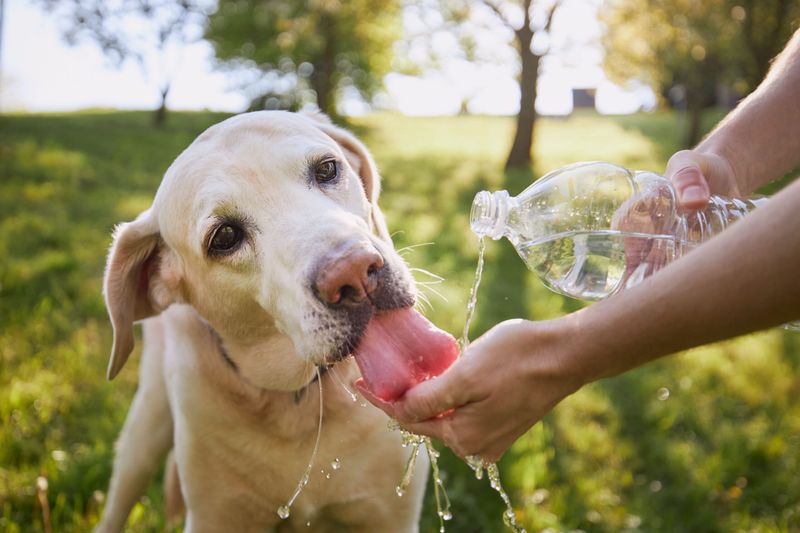
Bless your heart if you’re moving to Georgia with pets! My Atlanta conference became an eye-opener when chatting with local pet parents. Georgia’s sweltering summers create serious heat stroke risks, limiting outdoor activities to early morning or late evening for months at a time.
The state has some of the highest rates of heartworm disease in the nation, requiring year-round prevention. Breed-specific legislation in various counties restricts ownership of certain dogs, creating potential housing challenges.
Tornado season adds another layer of emergency planning for pet families. The rapid development in areas like Atlanta has reduced green spaces while increasing traffic hazards for dog walkers. My colleague’s daily dog walk involves navigating streets without sidewalks, creating safety concerns that have her considering a move to a more pet-friendly neighborhood.
12. New Mexico: Desert State’s Dusty Pet Dilemmas
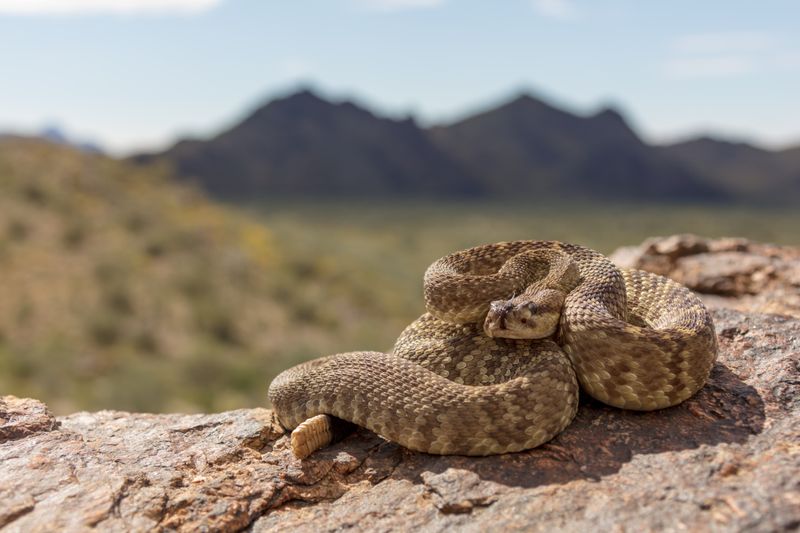
Tumbleweeds and rattlesnakes and dust storms, oh my! My Albuquerque visit with Baxter highlighted New Mexico’s unique pet challenges. The state’s extreme temperature swings—from freezing nights to scorching days—require constant vigilance to keep pets comfortable.
Venomous creatures pose serious threats during walks, with rattlesnake encounters common enough that many owners invest in specialized aversion training. The high desert’s low humidity creates respiratory issues for some pets and increases dehydration risks.
Limited water resources mean fewer dog parks with proper facilities. The state’s large rural areas have significant veterinary care gaps, with emergency services often hours away. My hotel neighbor shared the harrowing tale of driving three hours when her dog was bitten by a scorpion, only to find the rural vet wasn’t equipped for such emergencies!
13. Maryland: Chesapeake State’s Costly Pet Predicaments
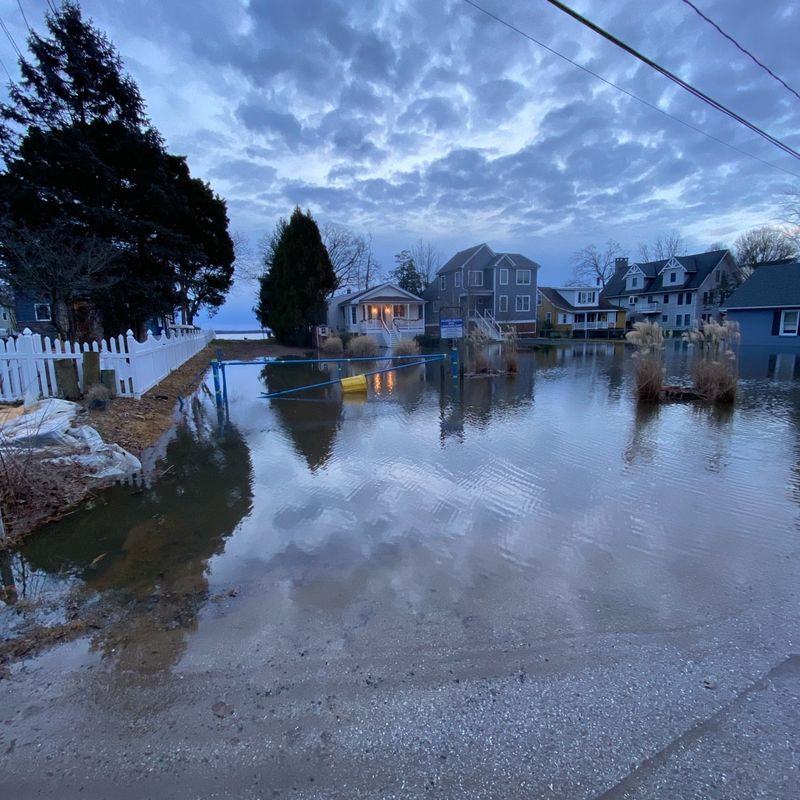
Crabcakes, football, and sky-high pet costs—that’s Maryland! My Baltimore visit revealed the state’s challenging pet ownership landscape. Maryland ranks among the most expensive states for veterinary care, with costs in the DC suburbs reaching astronomical levels.
The state’s climate creates a perfect storm of seasonal allergies for sensitive pets. Dense development in the Baltimore-Washington corridor means fewer pet-friendly housing options and green spaces for exercise.
The Chesapeake Bay area’s flooding issues create water contamination concerns for pets who love to splash around. Maryland’s strict pet licensing requirements and enforcement mean hefty fines for non-compliance. My college roommate received a $250 ticket when her dog’s license expired just two weeks prior—talk about strict enforcement!
14. Hawaii: Paradise’s Hidden Pet Parent Pitfalls
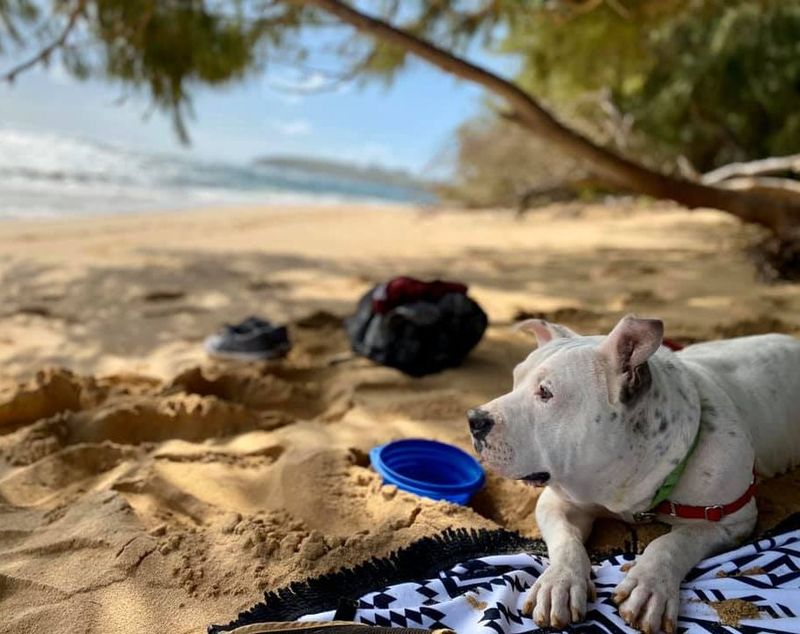
Aloha means goodbye to affordable pet care! My Hawaiian vacation research revealed shocking pet import requirements that would make anyone’s head spin. Hawaii’s rabies-free status means mandatory quarantine periods for incoming pets, costing thousands in fees and months of separation anxiety.
The limited number of veterinarians creates long wait times for appointments and higher service costs. Finding pet-friendly housing on the islands requires both persistence and a premium budget.
The tropical climate means year-round parasite battles, with some mainland preventatives being less effective against island strains. Limited emergency vet options on smaller islands create serious concerns for after-hours emergencies. My colleague’s sister paid nearly $5,000 to bring her cat to Maui, only to face a three-month wait for a routine vet appointment!
15. Alabama: Sweet Home’s Sour Notes for Pet Owners
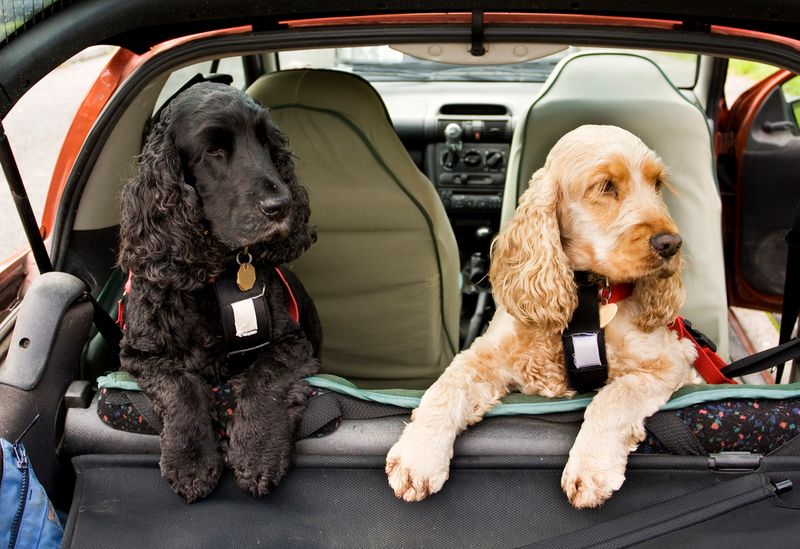
Alabama and new pet parents? Not the best match. My road trip through the Heart of Dixie revealed surprising pet ownership hurdles. The state’s stifling summer humidity creates perfect conditions for parasites, with heartworm disease rates among the nation’s highest.
Limited animal welfare laws mean fewer protections for pets and their owners. The rural nature of much of the state creates significant veterinary care deserts, with some counties having no emergency services available.
Tornado season adds another layer of emergency planning complexity for pet families. The state’s high poverty rate translates to fewer pet service businesses and specialty care options in many areas. My aunt’s search for a qualified veterinary dermatologist for her allergic beagle meant monthly three-hour drives to a neighboring state!
